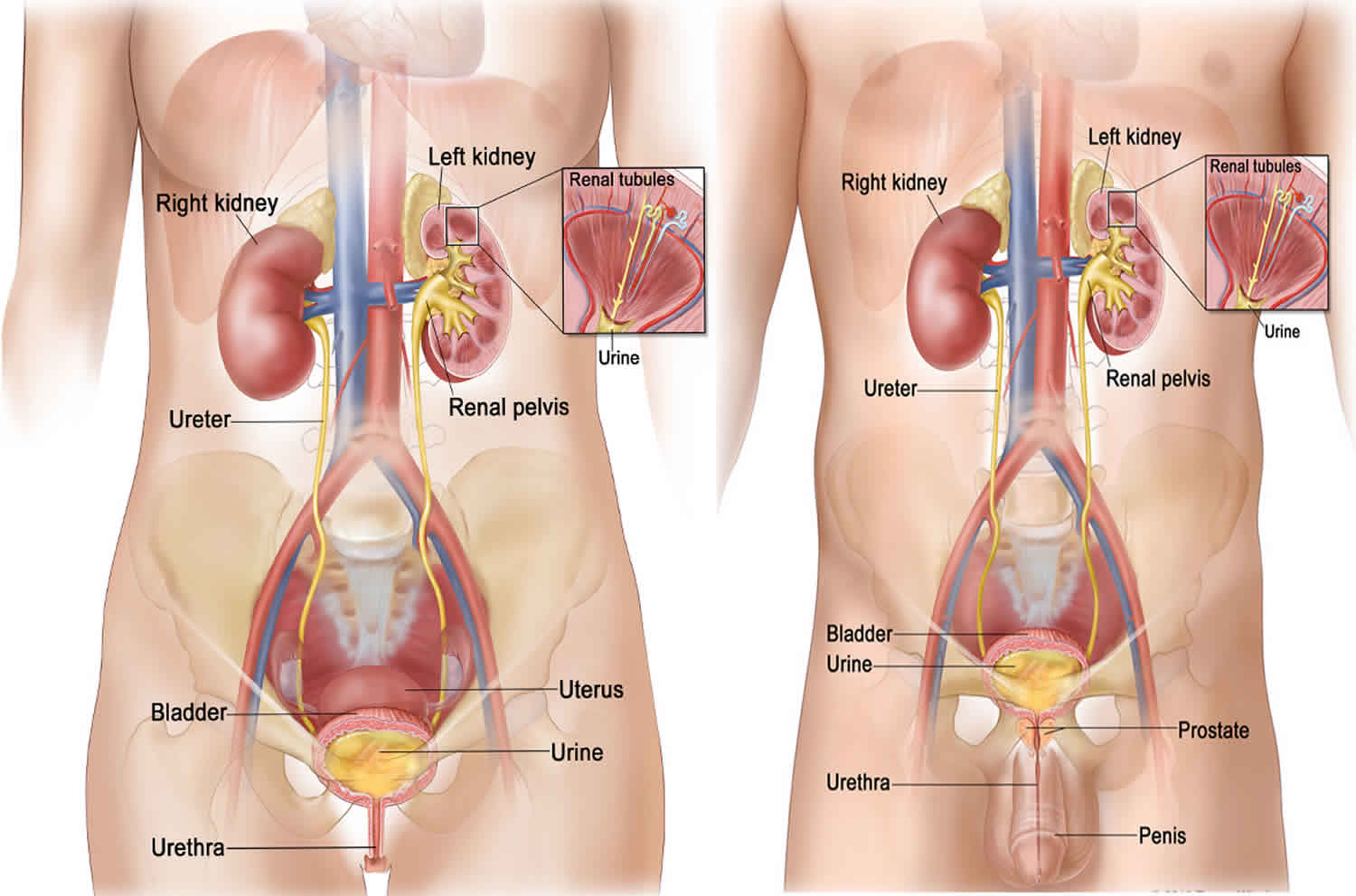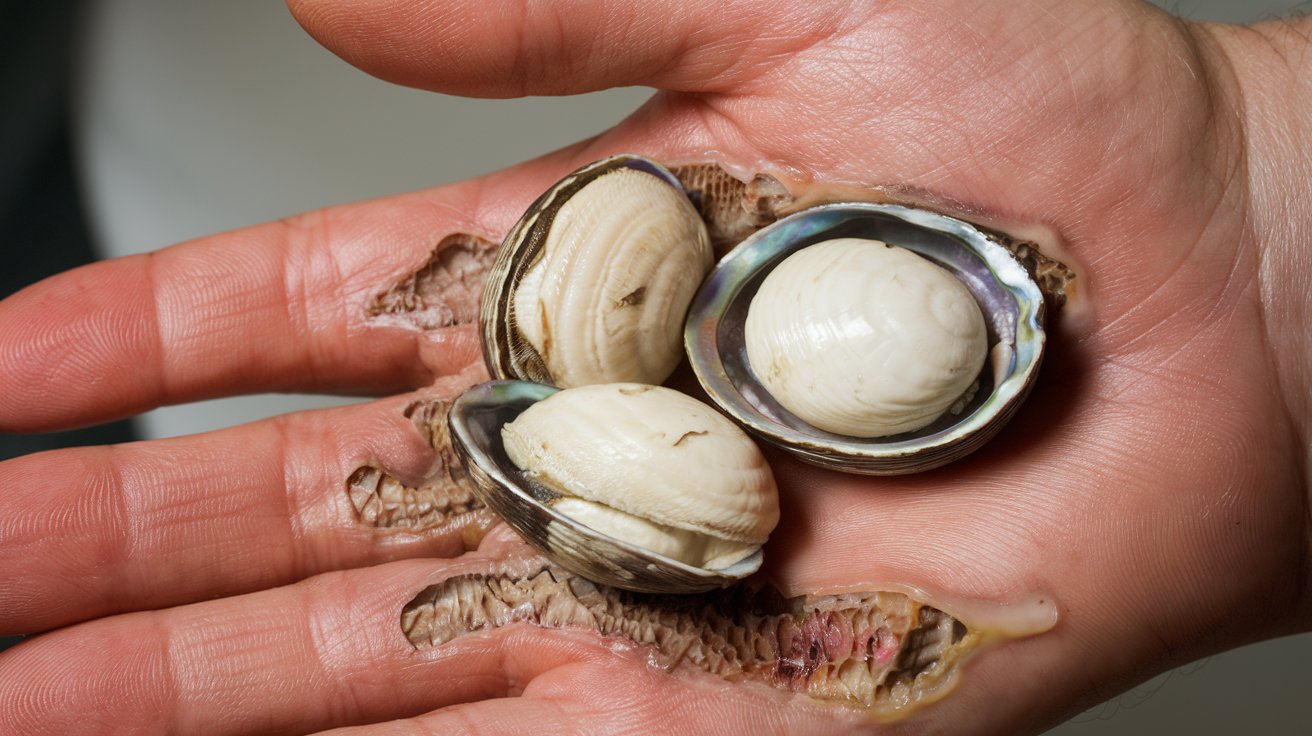
Uropathy is a term that might sound complex, but it simply refers to diseases or disorders affecting the urinary tract. Did you know that uropathy can impact anyone, regardless of age or gender? From common issues like urinary tract infections (UTIs) to more severe conditions such as kidney stones or bladder cancer, uropathy covers a wide range of health concerns. Understanding these conditions is crucial for maintaining good urinary health. This blog post will dive into 50 intriguing facts about uropathy, shedding light on symptoms, treatments, and prevention tips. Whether you're curious about how your kidneys function or want to know more about preventing UTIs, this guide has something for everyone.
Key Takeaways:
- Uropathy encompasses various urinary tract conditions, from infections to kidney stones. Recognizing symptoms and practicing good hygiene and hydration can help prevent and manage these issues.
- Understanding the impact of uropathy on daily life is crucial for effective management. Simple lifestyle changes, regular check-ups, and early diagnosis can significantly improve urinary health and quality of life.
What is Uropathy?
Uropathy refers to any disease or disorder affecting the urinary tract. This system includes the kidneys, ureters, bladder, and urethra. Understanding uropathy is crucial for maintaining urinary health.
- Uropathy encompasses a wide range of conditions, from infections to blockages.
- The urinary tract plays a vital role in removing waste and excess fluids from the body.
- Kidneys filter blood to produce urine, which then travels through the ureters to the bladder.
- Bladder stores urine until it is expelled through the urethra.
- Urethra is the final pathway for urine to leave the body.
Common Types of Uropathy
Several common conditions fall under the umbrella of uropathy. Each has unique symptoms and treatments.
- Urinary Tract Infections (UTIs) are the most common type of uropathy, often caused by bacteria.
- Kidney Stones form when minerals crystallize in the kidneys, causing severe pain.
- Bladder Infections are a type of UTI that specifically affects the bladder.
- Urethritis is inflammation of the urethra, often due to infection.
- Interstitial Cystitis is a chronic condition causing bladder pressure and pain.
Symptoms of Uropathy
Recognizing the symptoms of uropathy can lead to early diagnosis and treatment.
- Painful Urination is a common symptom of many uropathies.
- Frequent Urination may indicate a problem with the bladder or urethra.
- Blood in Urine can be a sign of a serious condition like kidney stones or cancer.
- Lower Back Pain often accompanies kidney-related uropathies.
- Foul-Smelling Urine may suggest an infection.
Causes of Uropathy
Understanding the causes of uropathy can help in prevention and management.
- Bacterial Infections are a leading cause of UTIs and bladder infections.
- Dehydration can lead to kidney stones by concentrating minerals in the urine.
- Obstructions like tumors or enlarged prostate can block urine flow.
- Genetic Factors may predispose individuals to certain uropathies.
- Diabetes increases the risk of urinary tract infections.
Diagnosing Uropathy
Accurate diagnosis is essential for effective treatment.
- Urinalysis tests for abnormalities in the urine.
- Imaging Tests like ultrasounds and CT scans help visualize the urinary tract.
- Cystoscopy involves inserting a camera into the bladder to look for issues.
- Blood Tests can detect kidney function problems.
- Biopsy may be needed to diagnose certain conditions like cancer.
Treatments for Uropathy
Various treatments are available depending on the type and severity of the condition.
- Antibiotics are commonly prescribed for bacterial infections.
- Pain Relievers help manage symptoms of conditions like kidney stones.
- Surgery may be necessary to remove obstructions or stones.
- Lifestyle Changes like increased water intake can prevent kidney stones.
- Medications can manage chronic conditions like interstitial cystitis.
Preventing Uropathy
Prevention is always better than cure. Simple lifestyle changes can reduce the risk of uropathy.
- Hydration is key to preventing kidney stones and infections.
- Hygiene practices can reduce the risk of bacterial infections.
- Diet rich in fruits and vegetables supports urinary health.
- Regular Check-ups help catch problems early.
- Avoiding Irritants like caffeine and alcohol can benefit those with bladder issues.
Impact of Uropathy on Daily Life
Uropathy can significantly affect one's quality of life. Understanding this impact can help in managing the condition better.
- Chronic Pain from conditions like interstitial cystitis can be debilitating.
- Frequent Bathroom Trips can disrupt daily activities and sleep.
- Emotional Stress often accompanies chronic uropathy.
- Work and School performance may suffer due to symptoms.
- Social Life can be affected by the need for frequent bathroom breaks.
Uropathy in Different Age Groups
Uropathy can affect individuals of all ages, but some age groups are more susceptible to certain conditions.
- Children are prone to UTIs due to shorter urethras.
- Teenagers may experience kidney stones due to dietary habits.
- Adults often face issues like bladder infections and kidney stones.
- Elderly individuals are at higher risk for urinary retention and infections.
- Pregnant Women are more susceptible to UTIs due to hormonal changes.
Future of Uropathy Treatment
Advancements in medical science are paving the way for better treatments and management of uropathy.
- Robotic Surgery offers less invasive options for treating obstructions.
- New Antibiotics are being developed to combat resistant bacteria.
- Gene Therapy holds promise for treating genetic causes of uropathy.
- Telemedicine allows for easier monitoring and management of chronic conditions.
- Artificial Intelligence is being used to predict and diagnose uropathies more accurately.
Final Thoughts on Uropathy
Uropathy covers a wide range of conditions affecting the urinary tract. Understanding these facts can help you recognize symptoms early and seek appropriate treatment. From common issues like urinary tract infections to more severe conditions such as kidney stones or bladder cancer, awareness is key. Regular check-ups, staying hydrated, and maintaining a healthy lifestyle can prevent many uropathic problems. If you experience any unusual symptoms, don't hesitate to consult a healthcare professional. Early detection and treatment can make a significant difference in managing uropathy. Remember, your urinary health is just as important as any other aspect of your well-being. Stay informed, take care of your body, and you'll be better equipped to handle any uropathic issues that may arise.
Frequently Asked Questions
Was this page helpful?
Our commitment to delivering trustworthy and engaging content is at the heart of what we do. Each fact on our site is contributed by real users like you, bringing a wealth of diverse insights and information. To ensure the highest standards of accuracy and reliability, our dedicated editors meticulously review each submission. This process guarantees that the facts we share are not only fascinating but also credible. Trust in our commitment to quality and authenticity as you explore and learn with us.


